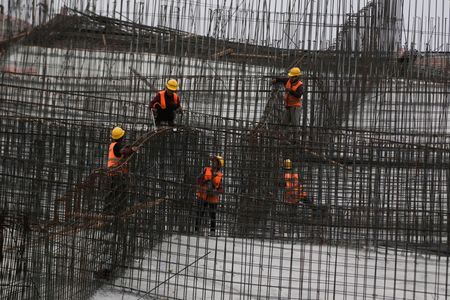BEIJING (Reuters) – China will step up fiscal expansion in an appropriate manner in 2023 by boosting fiscal spending and investment via local government special bonds to spur the economy, state media Xinhua reported on Tuesday, citing the finance minister Liu Kun.
Chinese policymakers have pledged to strengthen policy adjustments to cushion the impact on businesses and consumers of a surge in COVID-19 infections after Beijing’s abrupt COVID-19 policy U-turn.
The world’s second-largest economy also faces declining exports due to slow global growth and a protracted property slump at home, which also reduced local governments’ revenue from land sales.
Liu said in an interview with Xinhua that the government needed to expand fiscal expenditure, use local government special bonds to drive investment and increase transfer payments from the central government to poor and less developed areas.
The government needs to “ensure fiscal sustainability and keep local government debt risks controllable,” the finance minister said.
Policymakers in 2022 drew on an established practice of issuing debt to fund big public works projects to try to revive the slowing economy.
Since 2018, China has arranged 14.6 trillion yuan ($2.11 trillion) in new local government special bonds to support the economy, Liu said. That included 4 trillion yuan in such bonds to support the construction of nearly 30,000 projects in January-November of 2022.
In 2023, the fiscal shortfall outstanding will not lead China to hold back expenditure on people’s livelihood, Liu vowed. “We will keep fiscal spending appropriately,” he said, adding the government will increase funds to support education and ensure money needed for fighting against COVID.
The finance chief also said China will standardise the management of local government financing vehicles (LGFVs) to guard against local debt risks.
LGFVs are typically investment companies that raise money and build infrastructure projects on behalf of local governments.
China’s outstanding government debt is below 60% of its GDP so far – lower than the global general debt-to-GDP ratio, Liu said.
($1 = 6.9035 Chinese yuan renminbi)
(Reporting by Ellen Zhang and Kevin Yao; editing by Barbara Lewis)

